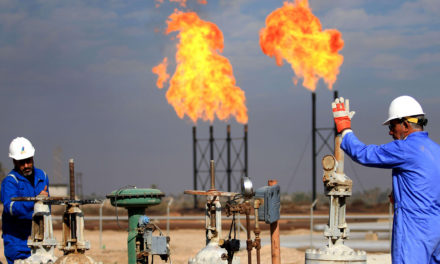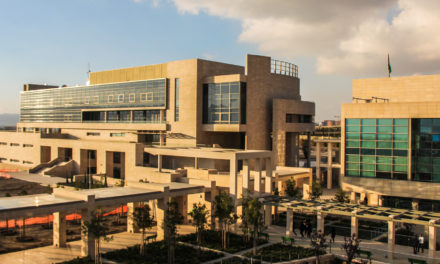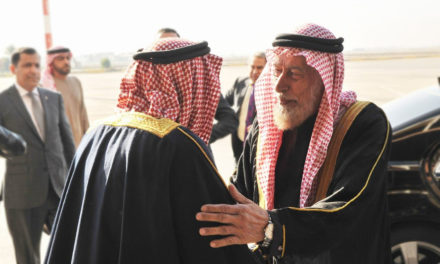As summer approaches and you prepare your summer reading list, here are five essential books on Iraq in English that Iraqis and Iraq watchers should read. These should keep you busy all summer and provide readers with a vast amount of knowledge on Iraq.
Baghdad: City of Peace, City of Blood
Winner of the 2015 Royal Society of Literature Ondaatje Prize, Baghdad: City of Peace, City of Blood provides an incredible timeline of Baghdad from its founding as the Abbasid capital to its current status as the capital of the Iraqi state. Historian Justin Marozzi’s account of Baghdad’s history in English is the first of its kind in nearly a century, providing a fascinating and raw incite of Baghdad from the tales of the city captured in A Thousand and One Nights to the dark days of Mongol and Ottoman rule. Marozzi’s historical writing captures the reader as he takes you from one era of Baghdad to another, providing rich insight in understanding modern day Iraq and its capital.
Reclaiming Iraq: The 1920 Revolutions and the Founding of the Modern State
There is a lot of misunderstanding behind the founding of the modern Iraqi state and the concept of Iraqi identity that predates the fall of the Ottoman Empire. Dr. Abbas Kadhim clears up these misconceptions with a detailed account of the 1920 Iraqi Revolution that would further strengthen Iraqi identity for the next century. The book is a mandatory read for all that want to have an understanding of Iraqi identity and how it is different from its neighbours that either share the same ethnicity or religious beliefs. Reclaiming Iraq is mandatory for historians and political analysts focusing on Iraq alike.
Dr. Ali Allawi provides an in-depth biography of the first leader of the modern state of Iraq. King Faisal was a fundamental figure not only in Iraq but the whole modern Middle East. The book covers Faisal’s life from his upbringing during the Ottoman Empire, to his role in defeating the Ottomans with the British, to briefly leading a Kingdom in Syria before settling in Baghdad as the first ruler of the modern Iraqi state. While most accounts of this important era in defining Iraq and the Middle East comes from the British, Dr. Allawi provides valuable insight and accounts from the perspective of the Arabs. Many important events that would define the Iraqi state during Faisal’s time are covered in the book from the 1920 Revolution to the bloody 1933 Simele massacre.
After obtaining essential knowledge in forming the modern Iraqi state and Iraqi identity, a helpful book for general political understanding of Iraq from 1921 to post-2003 is Professor Adeed Darwisha’s book on Iraqi political history. Darwisha’s account is not as detailed as Dr. Allawi or Dr. Kadhim’s books are, as his book spans a longer period of time. However, it is a helpful companion to have to keep track of Iraq’s turbulent modern-day history from forming a monarchy to a bloody transition into a republic, as well as touching upon ethno-sectarian divisions in Iraqi politics.
Written a year prior to the failed Iraqi Kurdistan Referendum, Dr. Michael Rubin provides a brief history of the Kurds before diving into the current political situation of Kurds in their respective country before exploring the prospect of a Kurdish state. While Dr. Rubin explores Kurds across Turkey, Iran and Syria as well as Iraq, Iraqi-Kurds are an integral part of Iraq and therefore knowledge of their history and political standing with Baghdad is an important one to have in order to understand the full picture of Iraq.

Hamzeh Hadad
Hamzeh Hadad is an Iraqi writer and commentator. He is currently a Master of Arts candidate at the Norman Paterson School of International Affairs.










